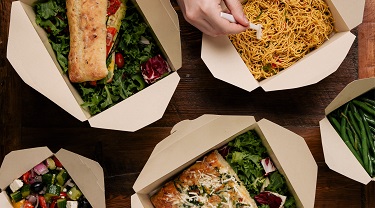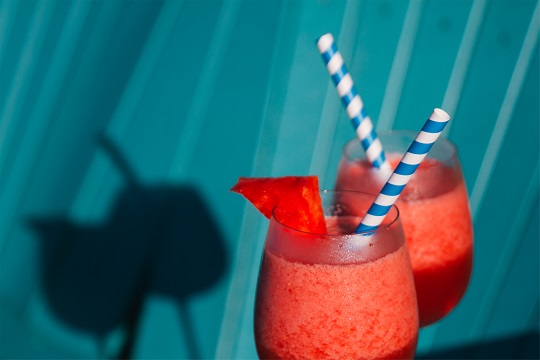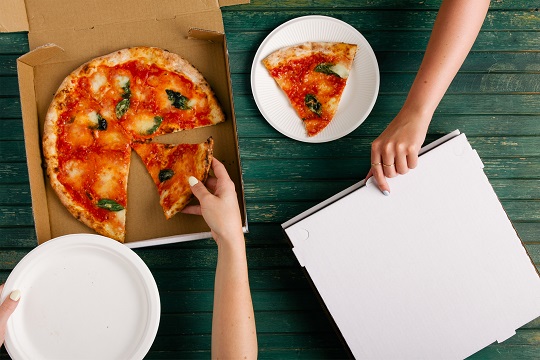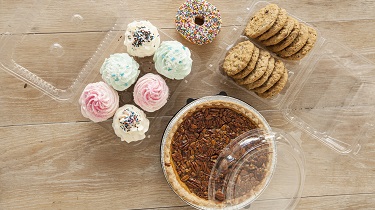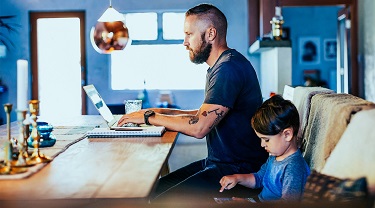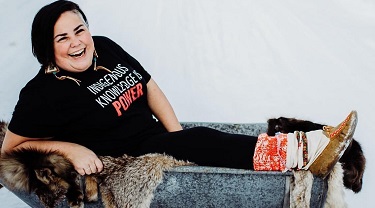“Our line of sugarcane hinged lid containers have been referred to as the ‘ultimate delivery vessel.’ It ensures product integrity, maintains heat, vents steam and ensures customer satisfaction. Of course, being 100% compostable is an added benefit,” she says.
But convincing customers across North and South America to pay significantly more for their innovative products than mainstream foam takeout containers was challenging.
“Fifteen years ago, the price difference was astronomical and it was hard for operators to commit to making the switch. Fortunately, it’s been a focus within the foodservice industry to make environmentally conscious decisions in choosing packaging products that are able to compost,” says Gamila, adding, “At Gallimore, our mission is to minimize our impact on the environment. Our customers see the value in that mission and that every step counts toward a greener future.”
But she admits there’s a lot of confusion in the marketplace due to rampant “greenwashing.”
“Biodegradable and compostable: these words may sound synonymous, but the labels are misleading. Just about anything can be biodegradable—even Styrofoam—breaking down after 500 years or more. Not everything can be compostable, which breaks down within 60 to 120 days. To be compostable, the item must be made entirely of natural materials such as sugarcane and bamboo or derived from a plant-based plastic such as polylactic acid (PLA).
“Simply put, a biodegradable material isn’t necessarily compostable, but a compostable material is always biodegradable!”
